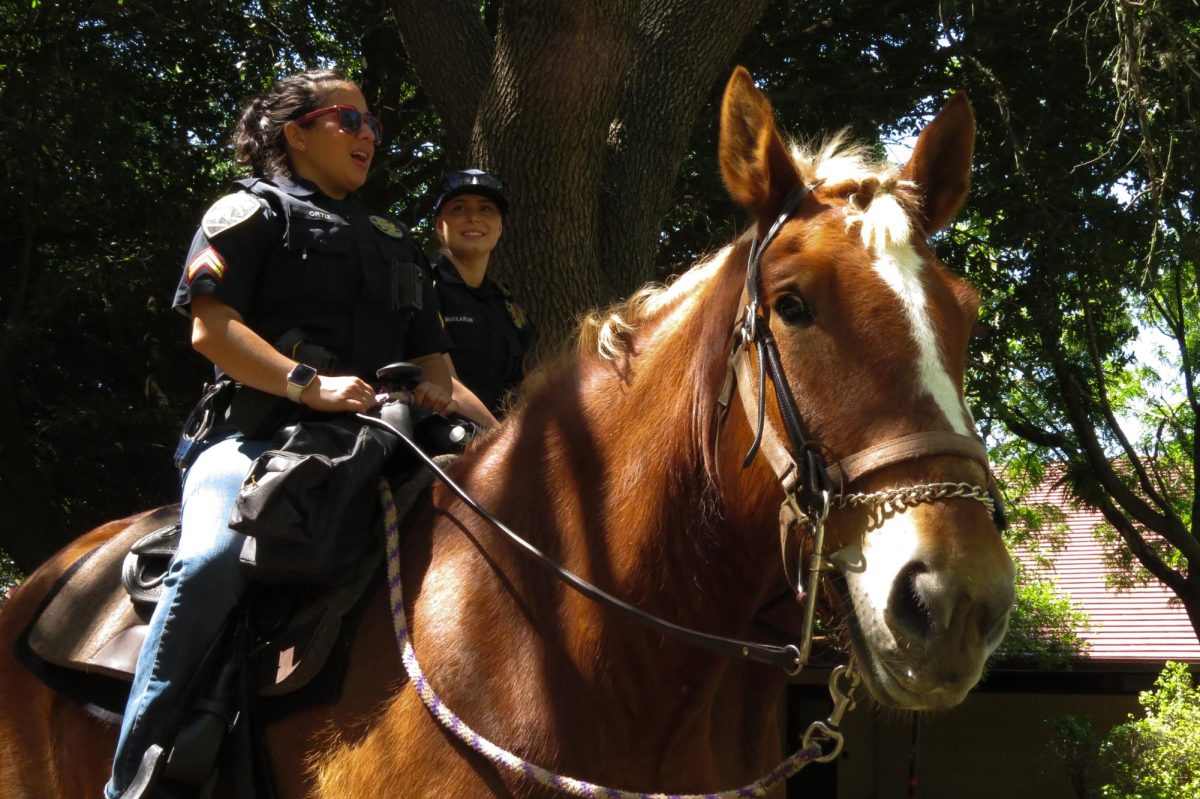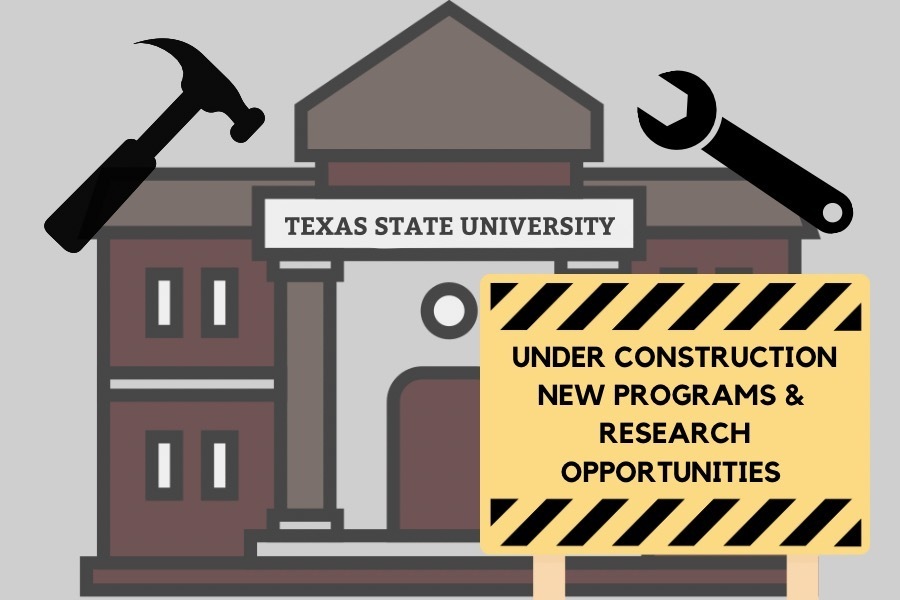Texas State, under the direction of President Kelly Damphousse, is fully committed to becoming part of the class of universities with the highest intensity of research, known as a Tier One research institution. This initiative will only be accelerated by the passage of Proposition 5 on Nov. 8, 2023, the Texas ballot measure that granted millions of dollars in funding for schools such as Texas State.
Graduate schools, and the postgraduate research conducted at them, are important parts of universities nationwide. However, the Texas State Graduate School does not currently have the resources or the size it needs to fulfill the needs of the Texas State student population. Expanding the graduate school would benefit the university and provide new opportunities for students.
With 4,000+ students, the graduate school is certainly not small. Yet, it still offers fewer graduate programs than UTSA, a school that contains 4,000 fewer undergrad students than Texas State.
While programs such as Criminology or Nursing are nationally praised for their excellence, the lack of mass graduate programs is a determinant of the mission of Texas State. Advanced and specialized graduate programs, such as Biomedical Engineering at UTSA or European Studies at UT are not offered by Texas State. Including specialized programs would not only attract more students looking for advanced training in specific fields but also create a higher student retention rate.
Texas State markets itself, through programs, such as TXST NEXT, as an institution that is an affordable and inclusive destination for a wide variety of people, especially first-generation college students.
This honest commitment to the mission of “[embracing] a diversity of people and … [fostering] cultural and economic development” is why so many students attend and love Texas State. In turn, this commitment has resulted in massive growth and setting record-high student admissions year after year. Yet, its failure to apply these same principles to the graduate school and grow into a mass institution that is available to foster growth among its student populace is easily a failure against that mission.
Expansion of the graduate school is also desperately needed as the number of graduate students continues to explode nationwide, with an increase of at least “30% in the last 10 years,” according to the Hechinger Report. This, combined with the massive growth of the Texas State undergraduate population, has created a massive need for additional graduate school space.
An expanded graduate school would pave the way for more research and upper academic studies at Texas State. University research is a major part of the U.S. economy, with the National Center for Science and Engineering Statistics reporting that “Academic institutions… [are] responsible for performing about half of all U.S. basic research.”
Research projects are run largely by university faculty who direct large numbers of graduate students as they conduct their research. An expanded graduate school at Texas State would allow the university to participate in more high-level research, increase academic output and provide more opportunities for graduate students.
Expanding the graduate school would also greatly benefit the march to becoming a Tier-One research institution. Tier-One research status is a ranking given to schools that perform the highest level of research relative to the rest of the nation. An expanded graduate school and the increase in research that would come with it would firmly put Texas State on the path to being granted the prestigious title of Tier-One.
Being Tier One would additionally open the university up to millions more in research grant funding. A study by West Virginia University found that “[Tier One] institutions are awarded significantly larger amounts of funding in comparison to [other] institutions,” with the study noting that WVU, a Tier One school itself, received at least “$203 million in external funding for research” in just 2021.
Expanding the graduate school is imperative for Texas State and a strategic opportunity to advance and grow the institution.
-James Phillips is an international relations junior
The University Star welcomes Letters to the Editor from its readers. All submissions are reviewed and considered by the Editor in Chief and Opinions Editor for publication. Not all letters are guaranteed for publication.




















